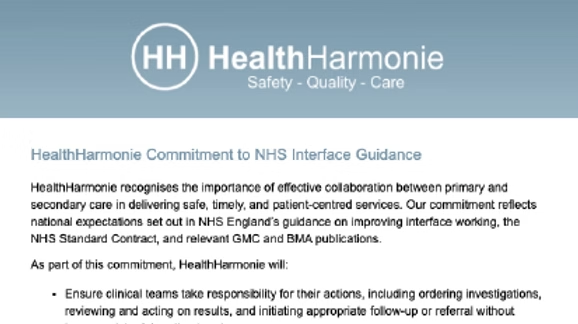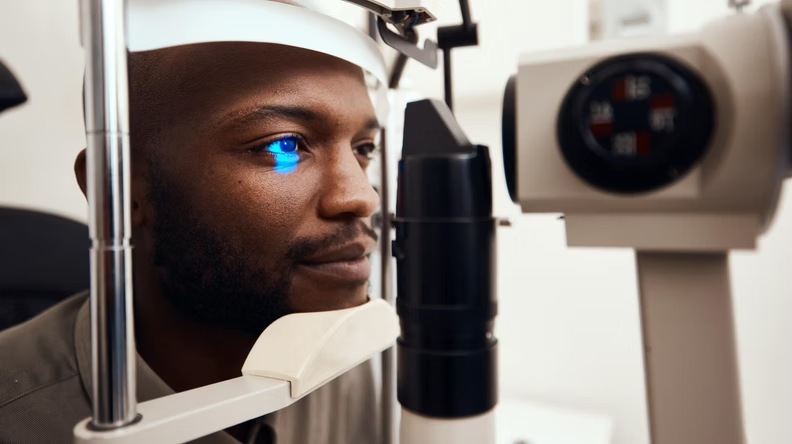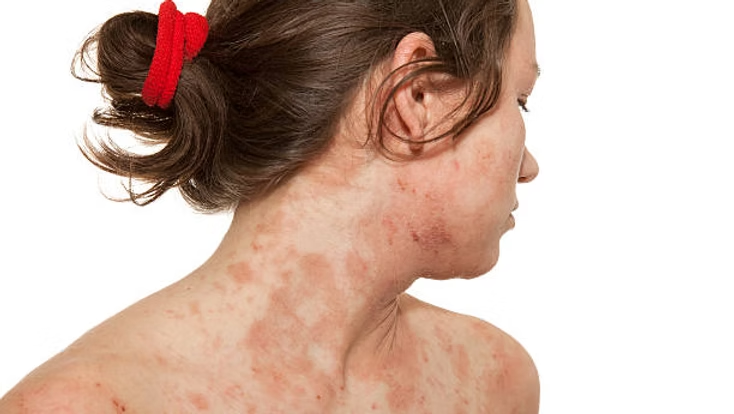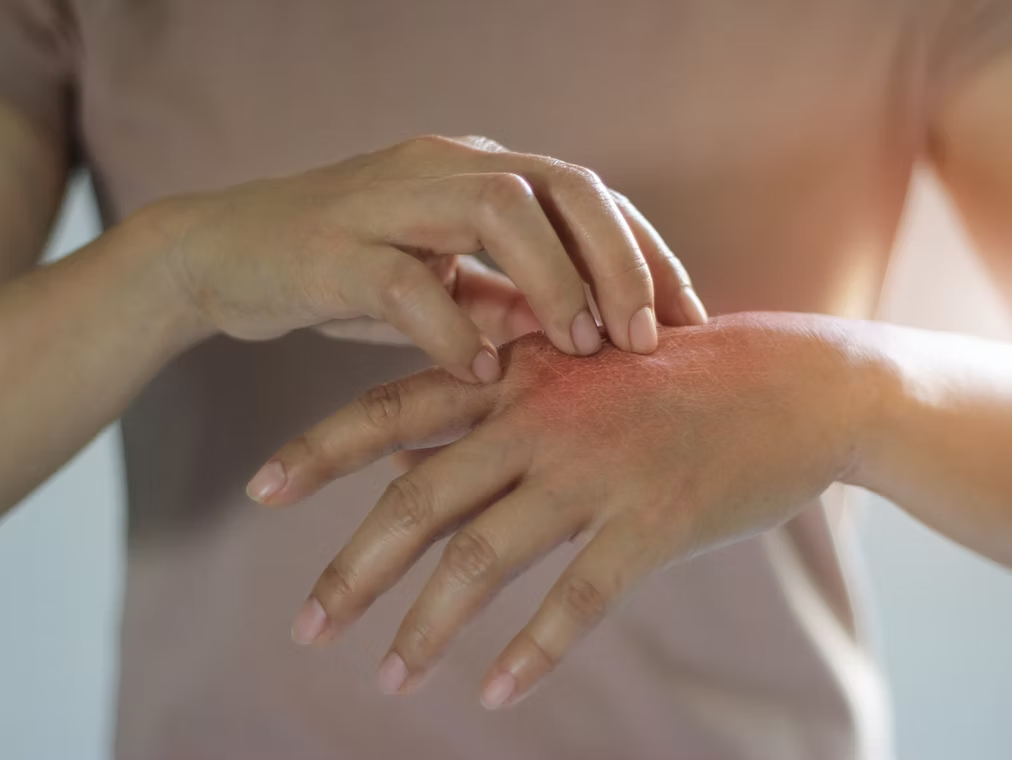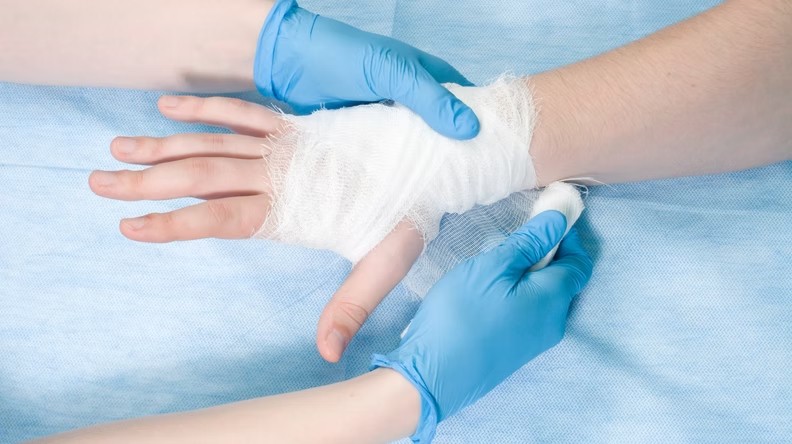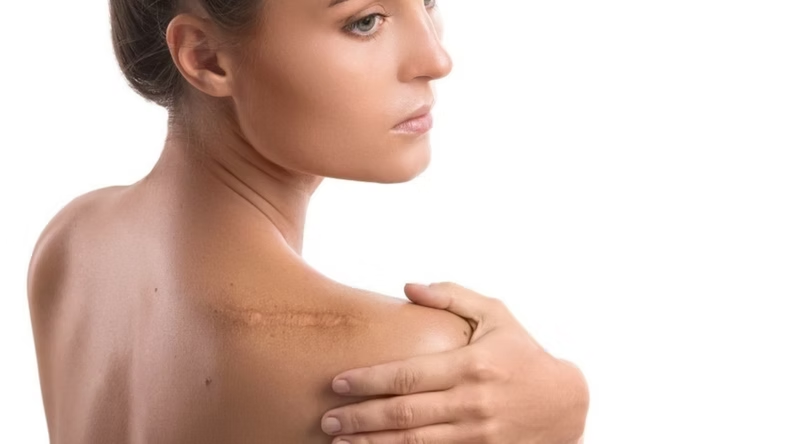This week marks cervical cancer awareness week. Instead of writing a blog with what it is, I have decided to share my personal journey.
I was born and bred in South Africa and moved to the United Kingdom at the age of 28. Cervical screening programmes back then was not on the national agenda of the department of health of the South African government, so incidentally I never had a cervical screening test. Yes, I am a nurse, but this was not on my list of priorities.
I had my second child at the age of 30 and 6 months after his birth, I had my first cervical cytology screen test at my G.P practice. The result came back, it was CIN 1.
My heart sank. I thought I had cervical cancer. Panic stricken I contacted G.P and she booked me in for a colposcopy at the practice. She was a G.P with a specialist interest in colposcopy. It was a straightforward examination and she assured me that I had the healthiest cervix she had ever seen and explained the various diagnosis and results pertaining cytology reports. My repeat test was normal when repeated 6 months after the colposcopy and have been normal ever since. I attend when called every 3 years.

I am fortunate to live in a country where routine screening is offered freely. My cousin was not so lucky. At the tender age of 32 she lost her battle against cervical cancer approximately 5 months after she was diagnosed with stage 4 cervical cancer. She too never had a cervical screening test and was diagnosed when she saw a doctor with complaints of lower abdominal and back pain and irregular bleeding which she ignored for months. Maybe the outcome would have been different for her and for us as a family if screening campaigns were more robust in South Africa, maybe not but we won’t dwell on it.
This is not intended to scare you all but to raise awareness of the importance of reducing your risk of getting cervical cancer. A disease that is preventable. It is freely available here in the United Kingdom and cervical cancer often present with no symptoms initially.
You can reduce your risk by attending your screening appointment when you receive one, knowing the symptoms of cervical cancer and seeking medical attention, and taking up the HPV vaccination between age 11-18.
Some recognisable symptoms include: abnormal bleeding during or after sexual intercourse or bleeding between your period (menstrual cycle), post-menopausal bleeding (if you are not on hormonal replacement therapy (HRT) or have stopped your HRT for 6 weeks or more), unusual vaginal discharge, discomfort or pain during sexual intercourse, and lower back pain.
For further advice, visit Jo’s trust: www.jostrust.org.uk or call their helpline, 0808 802 8000.

